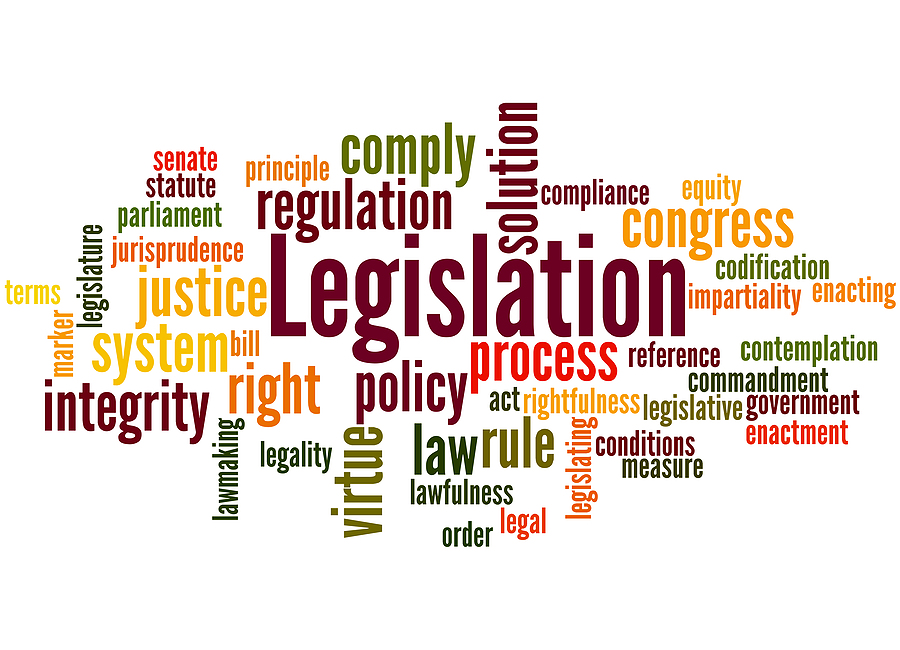The Economic Significance of Black Friday
The Economic Significance of Black Friday
The celebration of Thanksgiving precedes a commercial holiday, Black Friday, which is recognized in the United States and other countries worldwide. At first glance, Black Friday is a day for enticing discounts and irresistible offers. But on closer examination, it is a day of economic significance. Historically, Black Friday has been a day for retailers and consumers alike, contributing to factors such as a surge in consumer spending, stimulation of the economy, and increased retailers’ profits.
Black Friday spurs a surge in consumer spending, acting as the start of the holiday shopping season. It is a day when consumers, lured by substantial discounts, directly influence the economy’s health by increasing their spending. The National Retail Federation (NRF) estimates that on this particular weekend, more than 165 million Americans participate in the shopping frenzy. The shoppers spend hundreds of billions of dollars in a few short days. This surge of consumer activity aids in economic stimulation, particularly in the retail sector.
Profit Assistance
This one-day event helps produce robust quarterly profits by assisting businesses to navigate the slow periods of the year. According to a survey by NRF, retailers earn approximately 20% of their annual sales during the Black Friday to Christmas shopping period. The ripple effects of this increase in retail sales include job creation, particularly for seasonal positions. This increase in jobs contributes to lowering the unemployment rate. This is one of the indicators of the economic significance of Black Friday.
The discounts and deals retailers offer have a primary objective – driving sales volumes. By doing so, retailers can move their excess inventories at relatively lower profits to increase market share. As well as stabilize cash flows, and generate improved profit margins. Furthermore, post-Black Friday analysis enables retailers to make business decisions that affect their performance in the subsequent financial year. The insights drawn from consumer shopping patterns and preferences during this period offer a competitive advantage that might be the difference between a good year and a great one.
In Summary
The economic significance of Black Friday extends far beyond the frenzy of discounted deals and frantic shopping. Its impact on consumer spending, economic stimulation, and retailer profits underlines its essential role in the annual economic calendar.
SWG 3112572-1023d The sources used to prepare this material are believed to be true, accurate and reliable, but are not guaranteed. This information is provided as general information and is not intended to be specific financial or tax guidance. When you access a link you are leaving our website and assume total responsibility for your use of the website you are linking to. We make no representation as to the completeness or accuracy of information provided at this website. Nor is the company liable for any direct or indirect technical or system issues or any consequences arising out of your access to or your use of third-party technologies, websites, information and programs made available through this website.
In addition, Southern Financial Wealth Management specializes in providing strategies and guidance for those seeking a better retirement lifestyle. If you have five million dollars or $50,000 retirement savings, we can ensure it works as hard. As a result, we offer our experience and knowledge to help you design a custom strategy for financial independence. Contact us today to schedule an introductory meeting!







